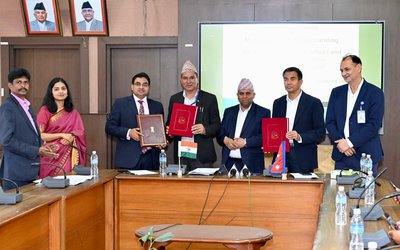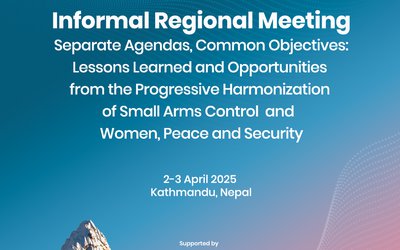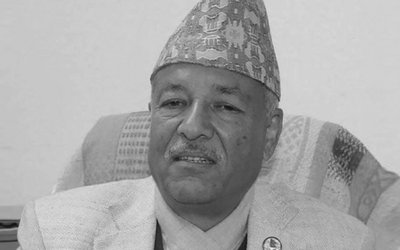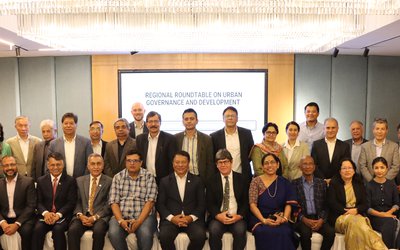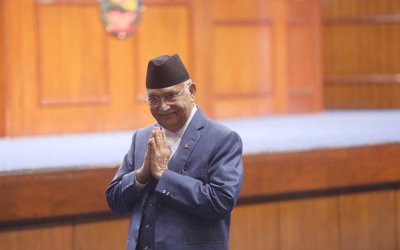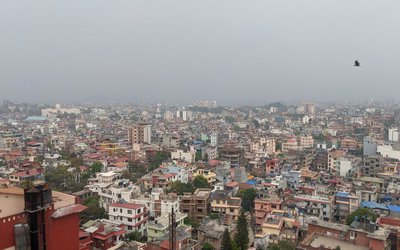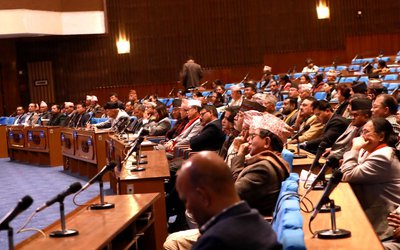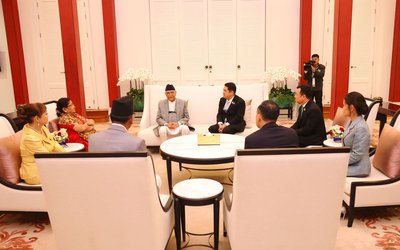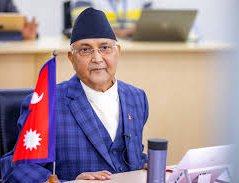
In remarks made at the Kantipur Conclave-2024, Prime Minister Oli stated that the relationship between Nepal and India will not suffer simply because he chooses to visit China first. He drew a comparison to the practices of certain religious followers, noting that unlike in Islam, where devotees visit Hazrat Nizamuddin in Delhi before proceeding to the Sharif Dargah in Ajmer, political engagements do not adhere to such protocols.
He used these locations as symbolic representations of India and China. Oli emphasized that as a sovereign nation, Nepal retains the right to engage with whichever country it deems appropriate.
Oli remarked, "Islam has a revered site known as Ajmer Sharif Dargah, and it is often said that one must first visit Nizamuddin in Delhi before proceeding there. In the realm of politics, I find it challenging to distinguish between Nizamuddin and Ajmer." He humorously noted that having recently returned from the United States after participating in the United Nations General Assembly, the US should not be equated with Nizamuddin either. "We do not possess a Nizamuddin or an Ajmer," he stated.
"We are situated between two significant neighbors, and it is essential to maintain amicable relations with both. A visit to China does not jeopardize our relationship with India; there is no justification for such a concern."
He highlighted his meetings with Indian Prime Minister Narendra Modi, China's Foreign Minister, and various other officials during his time in the United States. Emphasizing that neighbors should not be treated like "YouTube," where trivial matters provoke anger and excessive reactions, Oli asserted that Nepal's relationships with its neighbors are profound and steeped in a long-standing history.
Prime Minister KP Oli is scheduled to undertake an official visit to China in early December, indicating a commitment to enhancing relations with the northern neighbor and potentially recalibrating Nepal's historically India-centric foreign policy.
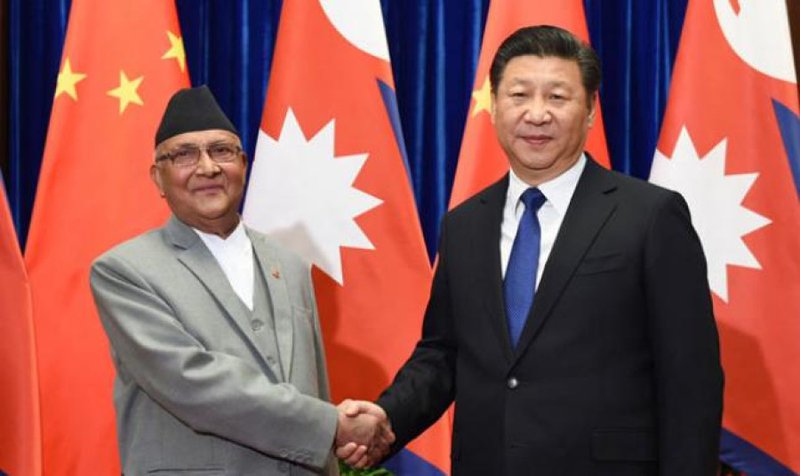
Typically, newly appointed leaders in Nepal make their inaugural international visit to India. However, Prime Minister Oli did not receive the customary invitation from New Delhi that is generally extended following the establishment of a new government.
Oli assumed office in July, forming a coalition government with his Communist Party of Nepal (Unified Marxist Leninist) and the Nepali Congress after his predecessor, Pushpa Kamal Dahal, also known as Prachanda, lost a parliamentary vote of confidence.
The Prime Minister has stated that he has never dismissed the possibility of visiting his southern neighbor and will travel wherever it is deemed appropriate. He emphasized that his forthcoming trip to China will not adversely affect Nepal's relations with India.
Traditionally, Nepali prime ministers have prioritized India as their first destination after taking office. However, after not receiving an invitation from India for several weeks, the Prime Minister attended the 79th session of the UN General Assembly in New York, where he engaged with Indian Prime Minister Narendra Modi, Chinese Foreign Minister Wang Yi, and various other global leaders.
During these discussions, Oli addressed a variety of domestic matters, including the nation's economy, political landscape, the need for constitutional amendments, federal-provincial relations, and the arrest of Rastriya Swatantra Party leader and former Deputy Prime Minister Rabi Lamichhane, among other topics.
Geeta Kochhar, an assistant professor at the Center for Chinese and South Asian Studies at Jawaharlal Nehru University in New Delhi, remarked that while the relationship between India and Nepal remains "stable," it is essential to address issues such as border disputes and nationalist rhetoric to prevent them from evolving into long-term challenges. She characterized India's choice not to extend an invitation to Oli as a "scheduling issue" for Prime Minister Narendra Modi, who had a meeting with Oli during the United Nations General Assembly in September.
"There exists a certain reluctance on the part of India to invite Oli promptly, as he tends to generate both theoretical and practical complications for India-Nepal relations," she noted. "Under the guise of nationalism, he has empowered the issuance of new currency notes to China featuring the new map."
In October, Nepal awarded a contract to a Chinese firm for the printing of its contentious map on 100 rupee banknotes. India has dismissed Nepal's map, which was released in 2020 and includes territories that Kathmandu asserts as its own.
The two nations have committed to several significant projects under China's Belt and Road Initiative, initiated in 2017, which encompass road expansion, hydropower development, and a railway connecting Tibet to Kathmandu. However, the announcement of non-Belt and Road projects as imitations of the Belt and Road Initiative by China has frequently led to misunderstandings.
Former Foreign Minister NP Saud informed parliament last year that the implementation plan for the Belt and Road Initiative was still "at a discussion stage," indicating that no projects were currently underway in Nepal. Experts have noted that the decline in Nepal's exports following the signing of the Belt and Road Initiative suggests that the country is not capitalizing on the connectivity offered by the project and has not effectively invested in its economic relationship with China. Analysts recommend that Nepal leverage Prime Minister Oli's visit to enhance economic ties.
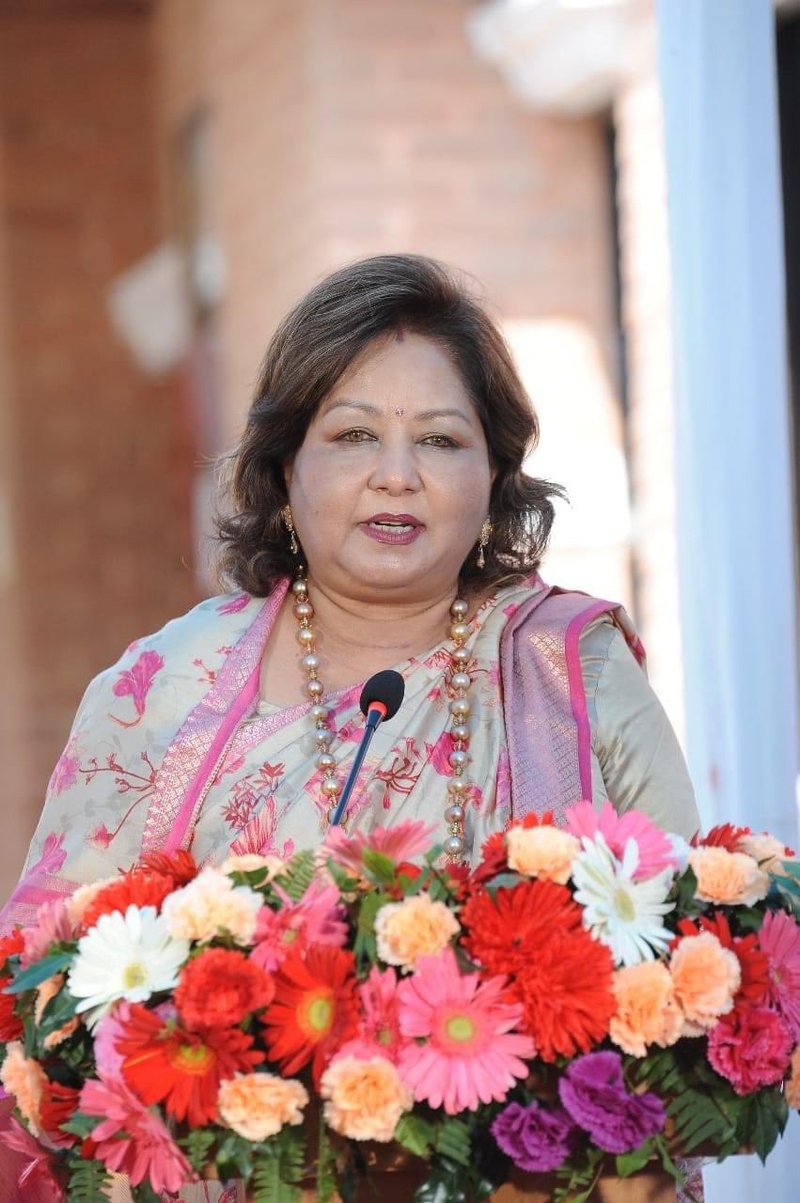
Huang Zhengduo, the director of the Center of Nepal Studies at Sichuan University's Institute of South Asian Studies, remarked that Nepal has the potential to serve as a transportation link between India and China. The proposed railway could lessen Nepal's reliance on India while fostering trade and tourism. Huang also highlighted the significance of the Nepali prime minister's domestic agenda, noting that Oli requires Chinese resources to fulfill his development commitments.
By choosing China for his inaugural trip, Oli aims to convey his intention to maintain a balanced relationship with both Delhi and Beijing, according to Huang. "Oli seeks to communicate that China-Nepal relations are at least as significant as those with India," he stated.
The increasing engagement of India and the United States in Nepal, coupled with their objective to mitigate Chinese influence in the region, suggests that Oli's visit to China signifies a gradual setback to these aspirations.
Oli's Utilization of the 'China Card': Prachanda
The recently removed opposition leader asserts that he elevated relations with India to unprecedented levels and warns that the border issue may resurface due to deteriorating ties.
Former Prime Minister Pushpa Kamal Dahal, commonly known as Prachanda, has accused Nepal's Prime Minister K.P. Sharma Oli of strategically leveraging the "China card."
He claims that the policies of the new government have strained India-Nepal relations, posing a "risk" of rekindling the border dispute. In an exclusive interview with The Hindu, Mr. Dahal stated that during his 18-month term, which concluded abruptly in July following a parliamentary vote of confidence, he had significantly advanced India-Nepal relations before being succeeded by a coalition of Mr. Oli's UML and the Nepali Congress party.
Indian media indicates that the upcoming visit is perceived as indicative of the deteriorating relations between India and Nepal, particularly concerning matters such as the refusal of overflight rights and New Delhi's disapproval of Chinese investments or components in projects involving India and Nepal.
Prime Minister K.P. Sharma Oli is scheduled to visit China in early December, as confirmed by the Unified Marxist Leninist Communist Party of Nepal (Maoist) in Kathmandu. This marks a significant departure, as he will be the first Nepali leader to choose China for his inaugural bilateral visit abroad following his assumption of office.
After being sworn in for a fourth term in July, Mr. Oli had a brief meeting with Prime Minister Narendra Modi during a United Nations conference in September. Additionally, Nepal's Foreign Minister Dr. Arzu Rana Deuba visited New Delhi in August for discussions with External Affairs Minister S. Jaishankar.
Officials have stated that the arrangements for the visit to Beijing were recently concluded, and it is noted that New Delhi has yet to extend an invitation to PM Oli. Analysts interpret this visit as a reflection of the tensions in India-Nepal relations, which stem from various issues, including India's concerns regarding Chinese investments in joint projects and Nepal's outstanding request for additional overflight routes from India to support newly constructed airports that are currently operating at a loss.
Concerns are mounting for New Delhi as Oli becomes the second leader, following Maldives President Mohamed Muizzu, to not prioritize India as his first foreign destination after assuming office. Muizzu had previously visited Turkey, the United Arab Emirates, and China before making his way to India this year, as noted by Indian journalist Suhasini Haidar in The Hindu.
Haidar points out that Oli appeared to be awaiting an invitation from India, which has yet to materialize. The Ministry of External Affairs did not provide any comments regarding whether an invitation had been extended to Mr. Oli.
Oli emphasized the necessity of making the airport successful and repaying the loan, while also advocating for a heightened dialogue with India. He expressed a legitimate demand for the use of their airports, comparing the Indian government's restrictions on international airport usage to a form of "economic coercion," reminiscent of the 2015 economic blockade along the India-Nepal border.
In June 2023, Nepal's then Prime Minister Pushpa Kamal Dahal 'Prachanda' also addressed the need for additional overflight routes during a joint press conference with Modi at Hyderabad House in New Delhi.
There has been no progress regarding the request, as officials from the foreign ministry have expressed security apprehensions about permitting overflight rights over "sensitive" regions along India's borders. Additionally, local reports indicate that the Nepalese government is worried about an unofficial "go-slow" approach concerning the Bureau of Indian Standards (BIS) certification for Nepalese cement exports and household items containing Chinese components, as well as the acquisition of hydropower from projects financed or constructed by Chinese entities. These matters have been addressed at the official level.
Nepal currently finds itself at a pivotal point in its geopolitical landscape, where a lack of trust with its larger neighbor and the actions of its political leaders could have serious repercussions for the nation's future. It is essential for Nepal to adhere to the boundaries established by its geography and cultural heritage. Nevertheless, Prime Minister Oli appears to struggle in conveying the importance of respecting these limits.
- IME GROUP: Expands Into Paper Industry
- Mar 24, 2025
- CPN UML: Instigated By India
- Mar 23, 2025
- ADB’S CHIEF ECONOMIST: Nepal Reduces Poverty
- Mar 11, 2025
- FM DR. DEUBA: A Successful Visit
- Mar 11, 2025
- MD GHISING: Target Of Personal Grudge
- Mar 09, 2025

